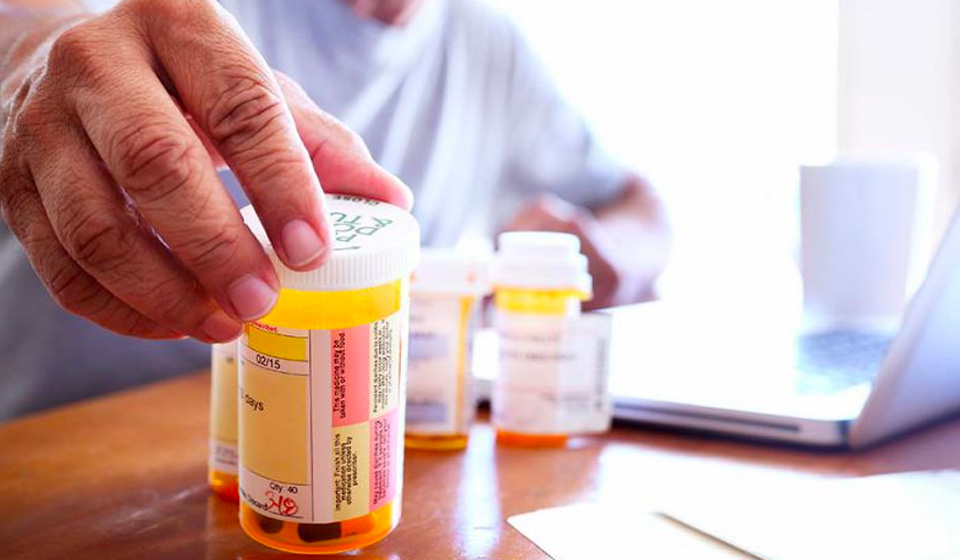We’ve all taken prescription medication at one time or another. And if you are like most people, you probably didn’t think too much about the side effects at the time. But did you know that some medications can damage the ear? Some drugs may result in hearing loss, ringing in the ear or balance disorders.
Drugs that are damaging to your ears are considered “ototoxic.” Ototoxic drugs harm sensory cells in the inner ear, which are used in hearing and balance, and may be are far more prevalent than you may have realized. According to the American Speech-Language-Hearing Association, there are more than 200 ototoxic drugs on the market. Some of the most common prescription medication known to cause hearing loss are used to treat serious infections, cancer and heart disease.
Ototoxic prescription medication can cause permanent or temporary hearing loss
Although there are a variety of medicines that can impact your hearing, the most common include:
- NSAIDs such as naproxen and ibuprofen
- Large quantities of aspirin
- Quinine (used to treat leg cramps and malaria)
- Loop diuretics (for high blood pressure and heart problems)
- Aminoglycoside antibiotics
- Certain antidepressants, including the SSRIs Celexa, Luvox, Paxil, Prozac and Zoloft, as well as the tricyclics Clomipramine and Amitriptyline
- Some forms of chemotherapy, such as cisplatin, carboplatin or bleomycin
Tinnitus and other symptoms of ototoxicity
When taking an ototoxic medication, it is important to let your doctor know if you notice changes in your hearing. If you do suffer from ototoxicity, one of the first symptoms you will probably notice is tinnitus, ringing in your ears. Over time, you may develop problems with balance, dizziness or hearing loss.
Speak to your doctor about ototoxic medicine
Before you begin taking an ototoxic medication, you should discuss the side effects with your doctor. This way you can know how they could potentially affect your quality of life. Sometimes you may not have much of a choice. Especially if your treatment requires a particular prescription medication. An ototoxic drug may be the best hope for curing a life-threatening disease or stopping a serious infection. In that case, you may want to consider having a baseline hearing assessment* before and during treatment to monitor changes in your hearing. You should also discuss steps to manage the effects of the drugs with your doctor, an audiologist or licensed hearing care provider.
Just because tinnitus or hearing loss could be a possible side effect, doesn’t necessarily mean that you will be affected. Hearing and balance problems can sometimes be reversed when the drug therapy is discontinued. Occasionally the damage is permanent. Unfortunately, there are currently no treatments available to reverse permanent damage to the inner ear.
In addition to certain medication, conditions like Otosclerosis, Ménière’s disease, Usher’s syndrome, Acoustic neuroma and Paget’s disease can also contribute to progressive hearing loss over time.
Treating Ototoxicity-Related Hearing Loss
According to the American Speech-Language-Hearing Association, research is being done to develop ways of protecting people from ototoxicity, but there is currently not an approved protective strategy.
Regular screenings, prior to the recommended age of 60, are especially important if hearing loss runs in your family, or if you have symptoms associated with hearing loss, such as tinnitus, dizziness or a decrease in hearing.
The ear is especially sensitive to changes in overall health, so understanding how they react to certain medical conditions will help keep your hearing—and your health—in good shape. Our bodily systems are interconnected; neglecting to protect your ears or refusing helpful interventions can have cascading health effects.

